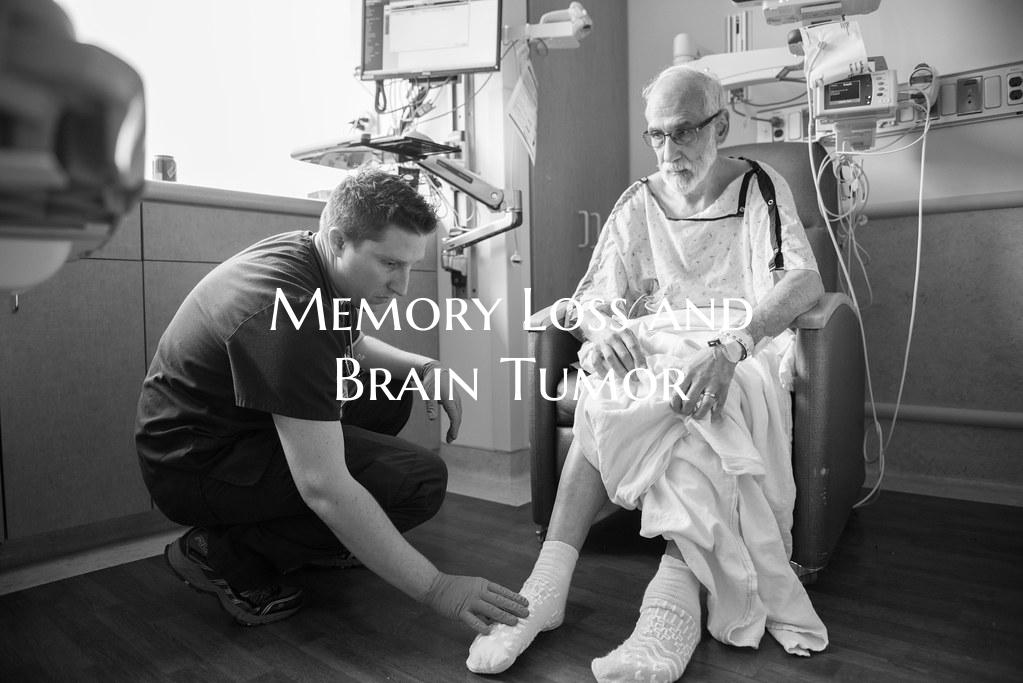
Memory Loss and Brain Tumor
Memory Loss and Brain Tumor: Understanding the Connection
Memory loss is a common symptom associated with various health conditions, one of which is a brain tumor. When a brain tumor develops, it can impact cognitive functions, including memory, due to its effect on the brain's intricate network of neurons and pathways.
Brain tumors can affect memory through multiple mechanisms. As a tumor grows, it can press against healthy brain tissue, leading to disruption in the region responsible for memory formation and recall. Additionally, tumors can interfere with the production of neurotransmitters, the chemicals that facilitate communication between brain cells, which can further impair memory functions.
The specific impact of a brain tumor on memory can vary depending on various factors, such as the tumor's size, location, and rate of growth. In some cases, memory loss associated with a brain tumor may be subtle and progress slowly over time. However, in more aggressive cases, memory problems can manifest rapidly and significantly affect daily functioning.
It is essential for individuals experiencing memory loss, especially when accompanied by other concerning symptoms such as severe headaches, changes in vision, or coordination issues, to seek medical evaluation promptly. Early detection and treatment of a brain tumor can help alleviate symptoms and improve the overall prognosis.
Treatment for memory loss related to a brain tumor typically involves a multidisciplinary approach, which may include surgery, radiation therapy, chemotherapy, and targeted medications. Additionally, cognitive rehabilitation therapy and lifestyle modifications, such as stress management techniques and healthy lifestyle choices, can play a crucial role in supporting memory and cognitive function during and after treatment.
While memory loss caused by a brain tumor can be challenging to manage, advances in medical technology and treatment options offer hope for individuals facing this difficulty. By working closely with healthcare providers, caregivers, and support networks, individuals can navigate the complexities of memory loss associated with a brain tumor with a comprehensive and holistic approach, focusing on improving quality of life and overall well-being.